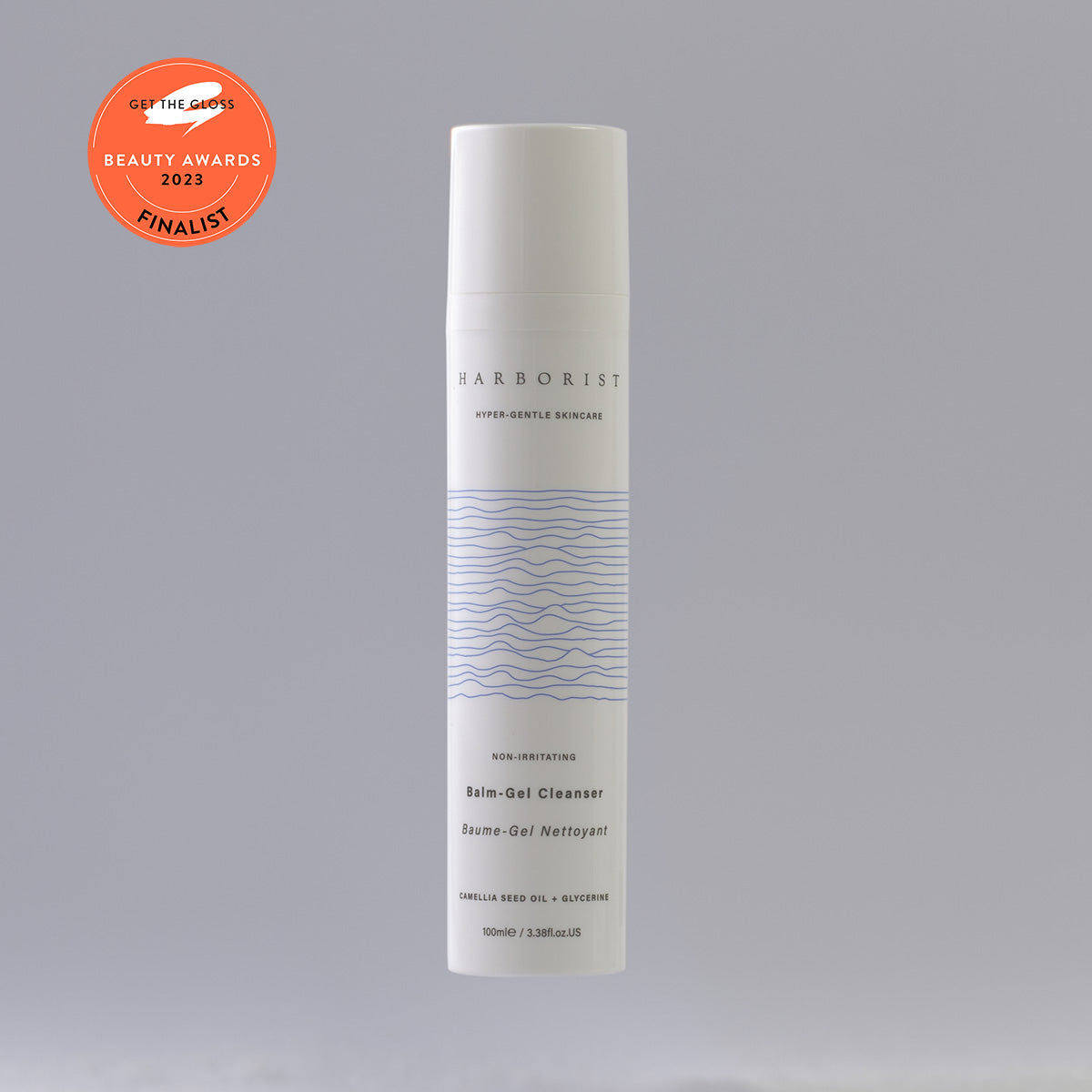We all know where plant oils come from, but how about your vegan hyaluronic acid or sugar derived squalane?
Squalene is an oily type substance, found in human sebum, which people like for its super light and non-occlusive properties. Once derived from shark liver, the ones you’ll find in your skincare these days are mostly plant derived, from olive or sugar cane and have been converted into Squalane with an A, which means it’s been stabilised. That it comes from olives makes sense as it’s found in small amounts in plant oils. But how can it be made from sugar cane?
The answer is in what’s sometimes called white biotechnology. This is the use of living cells from yeasts, bacteria and/or plants as starting blocks to create totally different materials, using enzymes and fermentation technology. It’s how many ingredients in the ‘green’ sector are made, from bio-identical antioxidants to your vegan hyaluronic acid. It’s a process which takes less energy than traditional methods, generates less waste, and the waste it does create tends to be readily degradable. Because of all this, it ’s considered to be a relatively sustainable process. It may involve fewer CO2 emissions than a traditional plant extract for example, where the raw material may have been farmed and shipped, sometimes from a different continent, before being processed.
As Squalene is already created by the food industry as a by-product of olive oil distillation, you could say that’s already an efficient use of resources so the environmental saving of going the biotechnology route may well be less. Where white biotechnology is great is when it can replace the use of raw materials which have a large environmental footprint, or ones which have traditionally been animal or petrochemical in origin.
As wonderful as raw materials like plant oils are, I get excited about this stuff too as it’s a clever way using our natural resources to make some beautiful materials, with less waste involved all the way through.
Biotech ingredients are the powerhouses behind our Moisture Restore Rich and Environmental Moisture Light.


